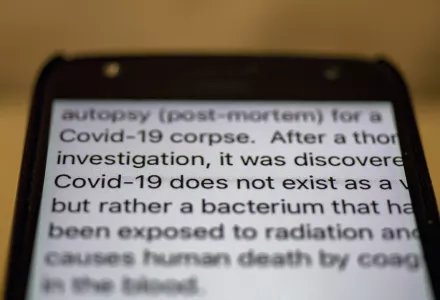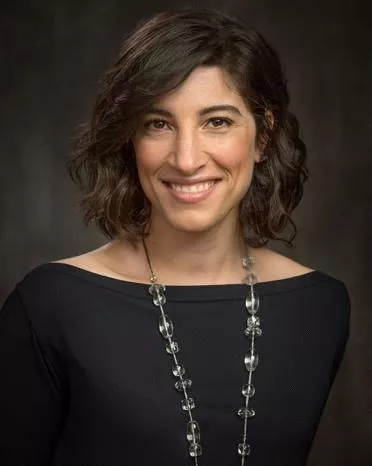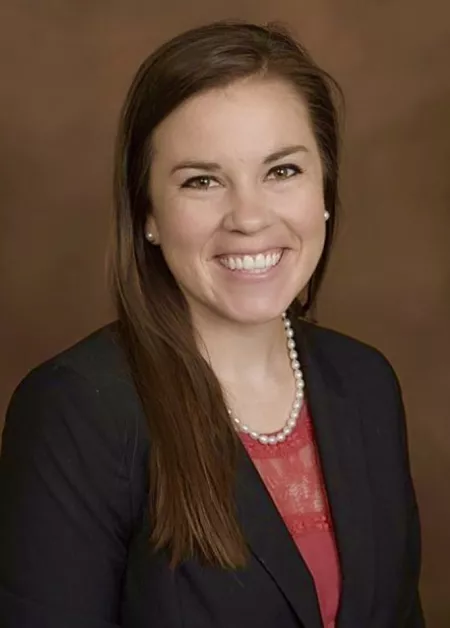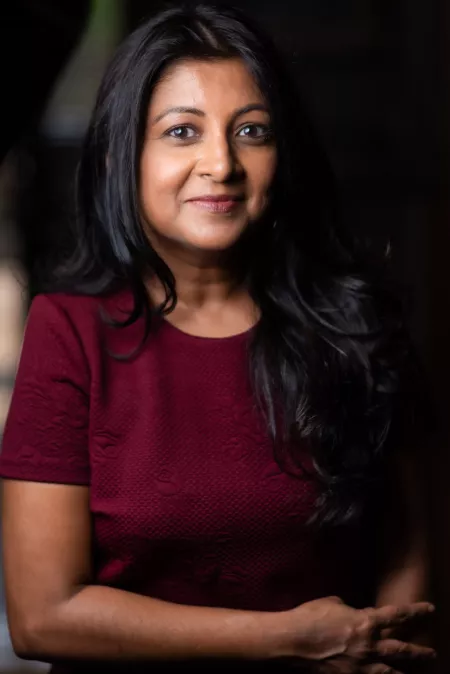COVID-19 | The Role of Misinformation and Disinformation in the COVID-19 Pandemic and Recommendations for Change
In this event, Belfer Fellow, Dr. Syra Madad and her panelist will address the adverse risks of disinformation. From the beginning of the coronavirus pandemic, we’re been inundated with mis- and disinformation. The cost of which has translated into higher risk of infection, hospitalization and even death both nationally and globally. Mis- and disinformation has not only influenced people’s perception of risk, it has also shaped public policy decisions. As we look to end this pandemic globally and further pandemic-proof society in the future, this webinar will discuss the role of misinformation and disinformation during the COVID-19 pandemic and recommendations for change.
While this virtual event is on the record, the event organizers prohibit any attendees, including journalists, from audio/visual recording or distributing parts or all of the event program without prior written authorization.





